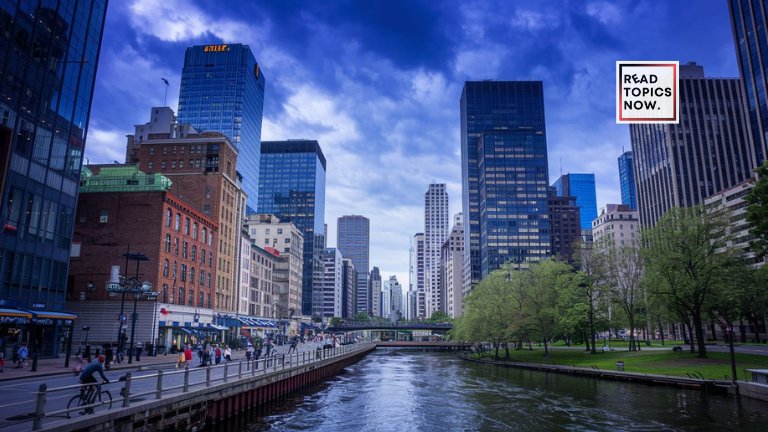
What is Real Sustainable Development?

The concept of sustainable development refers to development that meets the needs of the present without compromising the ability of future generations to meet their own needs. It focuses on balancing different and sometimes competing needs against an awareness of the environmental, social, and economic limitations that we face as a global society.
The idea of sustainable development gained prominence after the 1987 report, Our Common Future (also known as the Brundtland Report), which was issued by the United Nations. This report stressed the interconnectedness of development and environmental stewardship.
Three Pillars of Sustainable Development
Sustainable development is often thought of as having three pillars:
- Economic Sustainability: Ensuring that economic growth occurs without depleting resources or harming the environment, while also fostering equitable distribution of wealth.
- Social Sustainability: Promoting well-being and equity for all individuals, ensuring access to education, healthcare, and employment, while reducing poverty and inequality.
- Environmental Sustainability: Protecting natural ecosystems, reducing pollution, managing resources responsibly, and combating climate change to preserve the earth for future generations.
Key Principles of Sustainable Development
- Intergenerational equity: Meeting current needs without depleting resources for future generations.
- Precautionary principle: Taking proactive steps to prevent environmental degradation even if some cause-effect relationships are not fully scientifically proven.
- Inclusivity: Involving various stakeholders, including governments, businesses, and civil society, in the decision-making process.
- Integration: Ensuring that environmental, social, and economic policies work together rather than in isolation.
Sustainable development requires a long-term perspective and encourages policies that address the interconnected challenges of poverty, environmental degradation, and inequality. Governments, businesses, and civil societies must collaborate to create a sustainable world.
Get Curated Post Updates!
Sign up for my newsletter to see new photos, tips, and blog posts.






